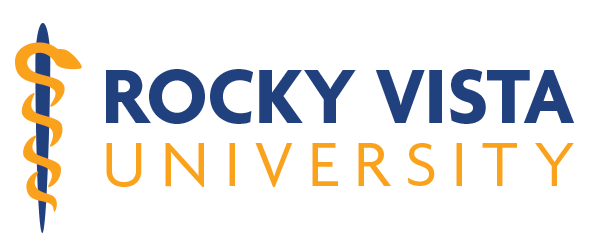
[wpseo_breadcrumb]
MODULE 7 - PROFESSIONALISM
Top 10 Ways to Demonstrate Professionalism
- Dress appropriately. Follow the established dress code and syllabi instructions.
- RVU Code of Conduct. Become familiar with and abide by the code of conduct as described in the RVU Handbook.
- Show up to class and your appointments on time. At RVU this means 5 minutes early.
- Treat others with respect. Address your faculty as “Doctor.” This includes personal conversations, e-mails, and when you pass them in the hallway. Treat other students as you would like to be treated.
- Honor the diversity in everyone. Respect and honor the differences between classmates. Keep your own biases in check and recognize the unique value of each individual.
- Online Professionalism. Follow the social media guidelines and recognize that you are leaving an electronic footprint when you are posting or making comments online. Do not use social media as your method of venting frustrations or attacking others.
- Have humility. Be willing to acknowledge your limitations and strive to learn from your mistakes. Don’t cover them up or think that you know more than you do.
- Follow established communication lines to voice concerns. Usually, this is with direct communication with the individual, or through your SGA or Class Council representative as appropriate.
- Accept help. Be willing to accept help when you need it, including accepting academic and mental support.
- Integrity and responsibility. Finally, you will need to abide by the highest standards of honesty and responsibility to succeed in life and as an osteopathic physician. Be totally engaged in the work of becoming a physician and don’t attempt to cut corners.
While one of the biggest challenges that medical students can face is simply passing their classes, another challenge for some medical students includes conduct and professionalism. One study shows that students with professionalism issues are three times as likely to face disciplinary action later in their careers as students without any issues. The MSPE (Dean's Letter) prepared by the University to support a student's residency application now includes a professionalism section.
REFLECTION QUESTION
Answer the following question in the comment section below before moving to the next module:
Why do you think we include “professionalism” in our orientation training?
Which of the RVU expectations resonated with you and why?
How did you develop this understanding for professionalism?
Take time to read and engage with your classmates' answers, as well! You can return to this page at any time to carry on the conversation.

1) I think RVU includes professionalism in the orientation training because professionalism, as a skill, can take us far in academics and in our careers. It allows us to show respect to our patients and our seniors in the field while showing others we are worthy of the same respect and trust.
2) RVU’s expectation of asking help when needed resonated the most with me because there has always been a strong stigma against asking for help, especially in Asian cultures where self-sufficiency and competency are expected. I feel right now that RVU has a good support system in place to keep students on track to succeed.
3) I developed my understanding of professionalism during my time as a Lead, where I straddled the line between being an authority figure and coworker. It allowed me to treat others fairly while learning from my own shortcomings and weaknesses to better lead and teach my team.
Professionalism is important! It’s nice that we can all get off to a good start with mutual respect toward each other.
By having professionalism discussion during orientation, it allows us to know what is expected from us as future physicians and sets up how it is defined in our field.
Accept help really resonates with me because I am always quick to give help however, I am one to shy away from receiving or asking for help.
I worked in the field as a scribe, medical assistant, and clinical research coordinator and it all highly revolved around being professional to everyone you interact with because at the end of the day we are all part of a patient’s healthcare team and working our best to provide them with the best care possible. So, professionalism at all levels in the field or any field is highly important to maintain professional relationships between colleagues, have open discussions about various of topics, and to maintain a level of respect for each person you interact with.
Professionalism is included to show the students how highly RVU wants to teach their students to respect each other, and the faculty and staff.
Our professionalism is a reflection of the institution and can affect interactions and experiences. RVU’s expectation of being engaged in becoming a physician resonates with me because people will trust us as physicians and we can’t “cut corners” when it comes to patients’ health and wellness. I developed this understanding of professionalism with my experiences as a patient.